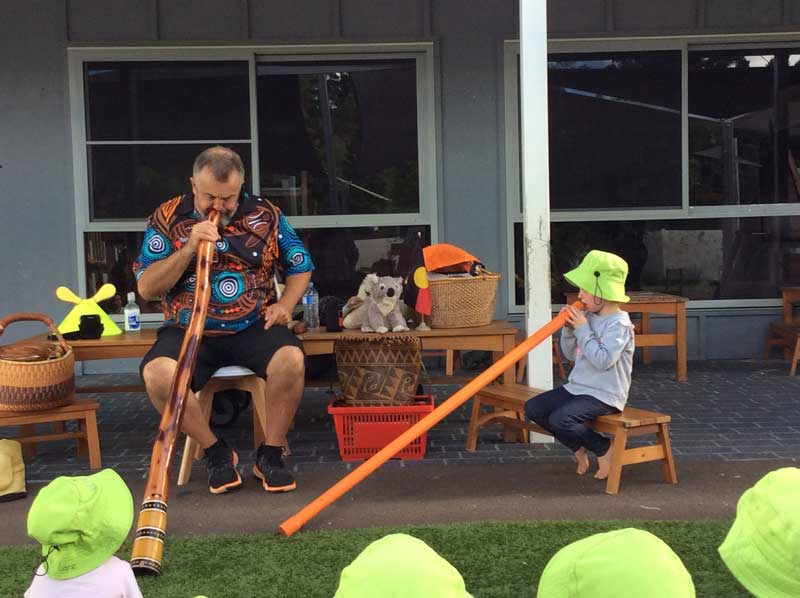Region hit hard by lack of access to quality childhood education, major groups say
Luke Williams
07 June 2024, 3:40 AM
 Image: Australian Childcare Alliance.
Image: Australian Childcare Alliance. The National Farmers Federation and the Regional Australia Institute have this week joined a growing number of groups pushing to for big changes to the number of childcare places available in rural Australia.
The two organisations have joined the Access for Every Child Coalition launched it says is to "ensure families in the bush receive the same access to early childhood education and care as their city counterparts".
“The juggle of raising a family and running a farm business is tricky at the best of times. Add into the equation limited or even no childcare options, and farming families are really left behind,” Tony Mahar, Chief Executive of Coalition member the National Farmers’ Federation (NFF) said.
The NFF joined the coalition following NFF members endorsing an ECEC policy earlier this month.
“Childcare (sic.) services in the regions are waning and, in some cases, they are non-existent, at a time when demand is growing and the agricultural sector is crying out for workers,” Mr Mahar said.

Tony Mahar. Image: AAP.
Late last month the Access for Every Child Coalition put out a substantial joint statement saying "It can be challenging to access an early learning service anywhere in the country, but it is especially difficult in the regions. This has profound impacts on whole communities. Children miss out on the educational, health, social and wellbeing benefits of early childhood education and care (ECEC)".
"Parents struggle to engage in paid employment, while the cost of living rises. Local essential industries are faced with workforce shortages; local economies decline and the liveability of the regions is affected." the statement said.
The group is calling on the government to provide subsidies for ECEC operators in rural and remote areas, invest more in indigenous learning and improve family day care.

Image: Petitejourney.com.au.
The statement argues that the current day care system falls short for "rural and remote families" with what they say is a decline in services and educators coupled with a rise in expenses.
"Flexibility within the system would especially benefit agricultural families, who have a need for ongoing care provided by people who understand farm and property life".
RAI CEO Liz Ritchie said the Coalition’s joint statement spoke directly to both recent research by the Institute and the Regionalisation Ambition – a holistic 10 year plan for regional Australia addressing key themes such as jobs and skills, liveability and population.

Liz Ritchie. Regionalcapitalsaustralia.com.au
“ In 2022, nearly four million regional Australians lived in a ‘childcare desert’. This must change, otherwise the aspirations the government has for the regions to lead the nation’s transition to a low-carbon economy will be difficult to achieve,” Ms Ritchie said.
“Our youngest regional residents gain so much from being able to access the specialised care and nurturing ECEC workers provide. Likewise, many regional parents are eager to work, or work more, but can’t because of a lack of access to ECEC.”



